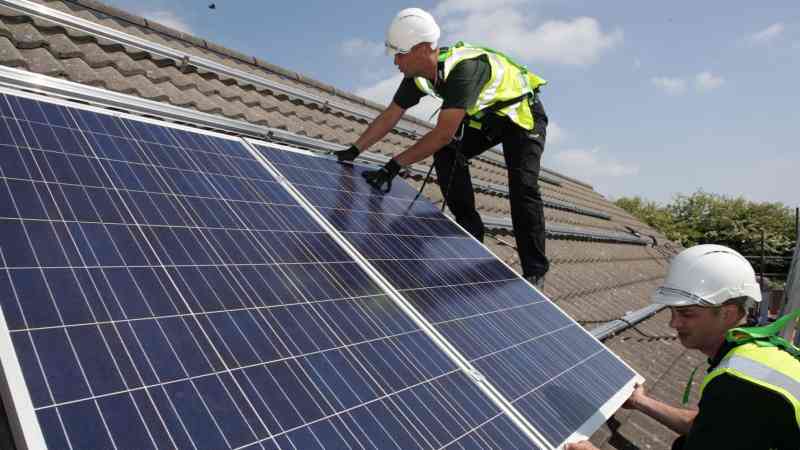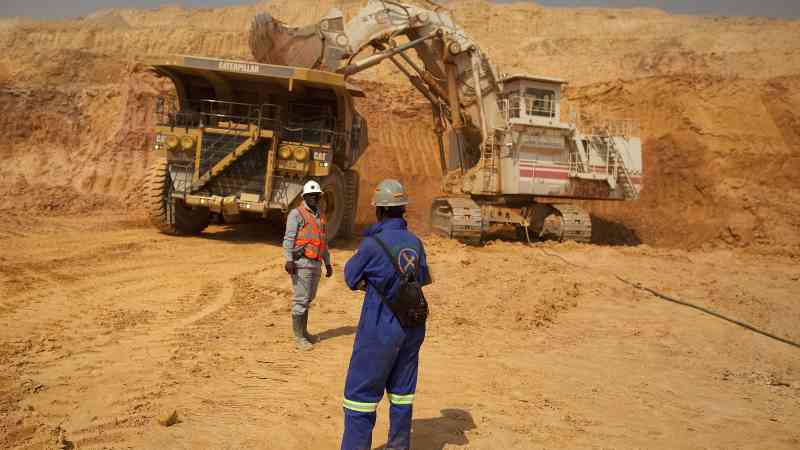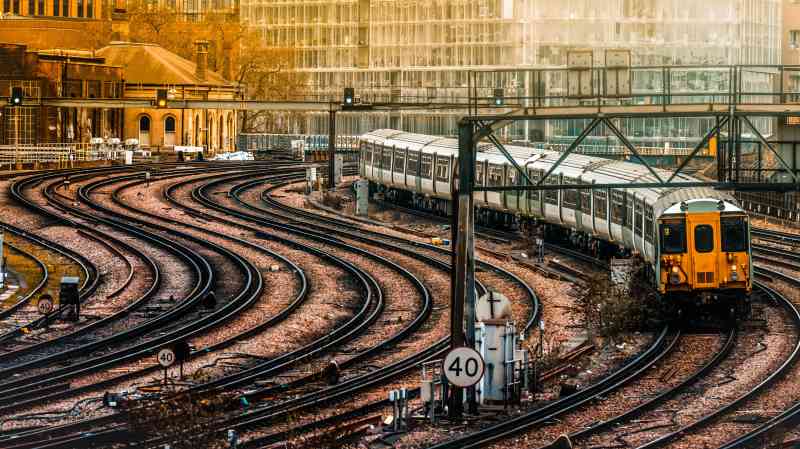Delays to grid connections ‘are biggest barrier to renewable energy’
Delays in securing a connection to the electricity grid are the biggest barrier to rolling out renewables across Britain, according to energy experts.
In a poll of the industry by Cornwall Insight, the energy consultancy, and Weightmans, the law firm, 75 per cent of respondents said that being able to get a timely grid connection was the biggest hurdle to boosting the level of clean power on the UK’s energy system.
Under the present system, it can take up to 15 years for some wind and solar farms to secure a connection to the grid.
The pipeline of renewable projects, from scoping to being under construction, stands at more than 540 gigawatts. A report by the Commons environmental audit committee this year found that there was more than twice the amount of energy generation in the queue than was needed to achieve the previous government’s 2035 net zero power target.
However, the new analysis has indicated that more than 60 per cent of projects in the grid connection queue did not see any change in their developmental status between 2018 and 2023.
The hold-ups in the system pose a challenge to stretching targets that have been set out by Labour to double onshore wind, triple solar power, and quadruple offshore wind by 2030, as part of a commitment to decarbonise the UK’s electricity system by the end of the decade.
A previous study by Cornwall suggested that solar and wind power is on course to account for about 44 per cent of the nation’s electricity supply by 2030, a long way short of the estimated 67 per cent that the energy sector consultancy believes would be needed to hit net zero, with the slow pace of grid connections a key reason.
The Electricity System Operator, which is responsible for keeping the lights on and administering grid connections, set out a plan at the end of last year to reform the process so that connections to the electricity network will be awarded to projects that can be built the soonest, under reforms designed to prevent “zombie” projects blocking access to the grid. The new “first ready, first connected” process is due to go live at the start of next year.
The ESO was sold by National Grid to the government last week under plans to create a state-backed National Energy System Operator that will bring oversight of the electricity and gas systems together for the first time.
Matthew Chadwick, lead analyst at Cornwall Insight and author of the report, said that viable projects were being delayed by others that are “stalled or speculative”, leaving ready-to-connect projects stuck behind those unlikely to progress.
“Efforts by various stakeholders aim to accelerate connections and maximise the available renewable capacity. There have been positive signs from the new government that changes to the system, from planning consent changes to prioritising shovel-ready projects are on the way and Ofgem’s letter this week reaffirms the appetite for progress.
“However, there are concerns that current reforms may not go far enough or take effect fast enough. What’s clear is that without a more streamlined grid connection process, the 2030 targets will be out of reach.”
Delays in securing planning permission were cited as the second biggest barrier to increasing renewable energy on the system. The government has promised sweeping reforms of the planning system to speed up the process and lifted a de facto ban on onshore wind developments in England and Wales, as one of its first acts in office.
ESO said: “To deliver a clean and secure power system for 2030 and beyond, the connections process has to become fit for purpose. We are working closely with industry, government and the regulator to deliver the necessary reforms at pace to modernise and accelerate the connections process”




Post Comment